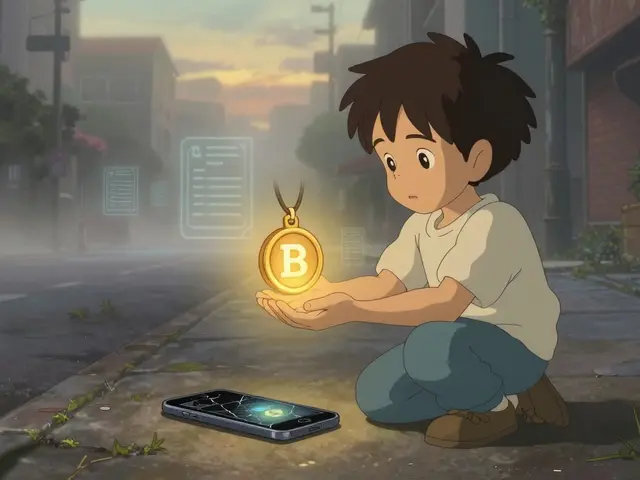Shido Network: What It Is, How It Works, and Why It Matters in Crypto
When you hear Shido Network, a blockchain platform designed to support fast, low-cost decentralized applications. Also known as Shido Chain, it's built to handle high transaction volumes without the congestion or fees seen on older networks. Unlike Bitcoin or Ethereum, which prioritize security over speed, Shido Network trades some decentralization for efficiency—making it ideal for apps that need quick confirmations, like gaming, payments, or social platforms.
It’s not just another Layer 1. Shido Network uses a custom consensus mechanism that cuts down block times to under two seconds, while keeping gas fees below $0.01. This makes it attractive for developers building apps that need real-time user interaction. Related to it are decentralized finance, financial systems that operate without banks, using smart contracts on blockchains, and Web3 infrastructure, the underlying tech that lets users own their data and digital assets. Many projects on Shido are focused on DeFi tools like lending, swaps, and yield farming—but they’re built to be simple, not complex. That’s the point: if users can’t understand it, they won’t use it.
What’s missing from the hype? Most people don’t realize Shido Network isn’t trying to replace Ethereum. It’s filling a gap: affordable, fast apps for everyday users in places where internet speed and money are tight. Think Southeast Asia, Latin America, Africa—regions where crypto adoption is growing, but high fees kill usability. The network also supports EVM-compatible smart contracts, so developers can port over code from Ethereum without rewriting everything. That’s why you’ll find tools like wallets, NFT marketplaces, and token launchpads already live on it.
But it’s not without risks. Because it’s less decentralized than Bitcoin or Ethereum, it’s more vulnerable to central control if key nodes go offline or get compromised. And while transaction costs are low, liquidity is still thin on many dApps built here. That means if you’re trading or staking, you might face slippage or long wait times for withdrawals. Still, for developers testing new ideas or users tired of paying $10 to send $50, Shido Network offers a real alternative.
Below, you’ll find real-world breakdowns of projects running on Shido Network, how it compares to similar chains, and what users actually gain—or lose—by choosing it over more popular options. No fluff. Just facts, risks, and what you need to know before getting involved.
Shido DEX Crypto Exchange Review: Is This Decentralized Exchange Worth Your Time?
Shido DEX is a decentralized exchange with almost no trading volume, extreme volatility, and zero community support. This review breaks down why it's not worth your time or money.





